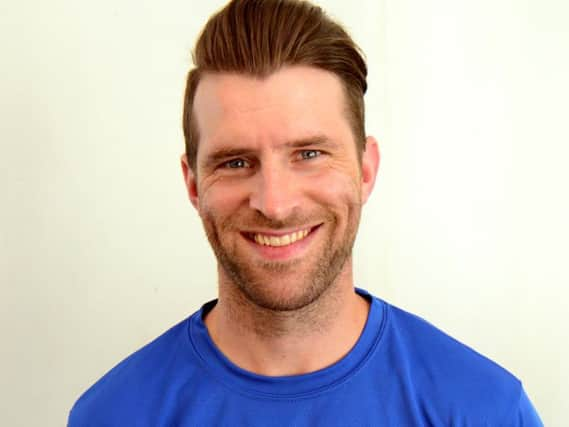Here is how technology can disturb your sleep


Wikipedia defines sleep as ‘a naturally recurring state of mind and body, characterised by altered consciousness, relatively inhibited sensory activity, inhibition of nearly all voluntary muscles, and reduced interactions with surroundings’.
Studies relating to sleep patterns, sleep deprivation and sleep cycles, amongst others, have been common place in recent years, mainly due to the impact that technology has on our lives and the huge roles the many aspects of it now play in our daily lifestyle.
Advertisement
Hide AdAdvertisement
Hide AdIn this weeks column, we’re going to look a little more into sleep and hopefully shine some light on the areas that, for many of you, may appear grey.
Our sleep cycles last around 90 minutes and during that period of time, we navigate our way through the various stages of sleep, largely dependent on how many hours we get per night.
The first stages are our non-rapid eye movement (NREM) sleep, and the latter stage is when we enter a period known as rapid eye movement (REM) sleep.
A major factor relating to our sleep patterns is the role that exposure to light and darkness plays within our daily cycle.
Advertisement
Hide AdAdvertisement
Hide AdA nerve pathway between the retina and the part of the brain called the hypothalamus, stimulates our exposure to light.
This in turn sends signals to other areas of the brain that play a role in how awake or how drowsy we feel.
The release of the hormone, melatonin, is affected by the link between the light of day and the darkness of night.
When melatonin levels rise in the bloodstream, we begin to feel sleepy, whereas during the day time hours, it is barely detectable at all.
Advertisement
Hide AdAdvertisement
Hide AdWhich leads us nicely on to the role that technology plays and the havoc it can cause within our sleep cycles.
As our levels of melatonin stay lower when exposed to light, in a sense, we are tricking our brain into thinking it’s still within the daytime hours whilst we lie in bed playing on our phones and surfing the net.
Blue light exposure, the kind of light found within smart phones, tablets etc, suppresses the production of melatonin and can alter our circadian rhythm (our 24 hour internal clock).
Blue light exposure has been found to reduce our total sleep time, and diminish the quality of it.
Advertisement
Hide AdAdvertisement
Hide AdSo what can we do to positively affect our daily sleep cycles? Researchers at Harvard University state that we should avoid looking at blue light emitting screens two hours before bed.
That may be difficult for some, so have a check of your phone settings as many smart phones now have night time settings built into an app that you can customise to suit your lifestyle.
If your phone doesn’t have one, install one.
Exposure to lots of light during the daylight hours boosts our mood and alertness levels during the day, whilst charging our ability to get a good night’s rest.
Final and most obvious point, regular exercise will reap huge rewards in every sense.